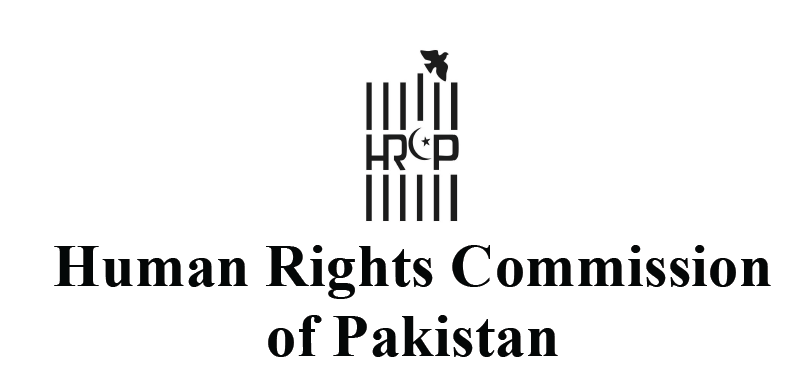
For a country that was founded almost 77 years ago to protect the rights of British India’s Muslim minority, Pakistan has failed to protect the human rights of its citizens.
In its annual report on the state of human rights in Pakistan in 2023, the Human Rights Commission of Pakistan called urgently for economic justice and protection of civil rights. “Apart from the political polarization that continued through 2023, resulting in greater restrictions on civil and political rights, the year was marked by acute distress among ordinary people, caused by the cost-of-living crisis and manifested in large-scale protests countrywide.”
HRCP’s annual report expressed “deep concern that irreparable political divisions spilled over into public acts of arson and violence on 9 May 2023, following the arrest of former prime minister Imran Khan. What followed was flagrant disregard for the Constitution as unelected forces tightened their grip on the country’s democratic structures and civic spaces shrank to an all-time low. The state’s response to the 9 May riots was to quell dissent—to the extent of resurrecting military courts to try civilians, perpetrating enforced disappearances, ordering mass arrests and allegedly orchestrating public disassociation from the PTI among many senior party leaders. The right to freedom of expression and assembly took a particular hit during the year. The general elections were also delayed well beyond the 90-day constitutional limit on various grounds, including the need for new delimitations on the basis of the recent census.”
HRCP noted that “The rule of law was markedly poor, with a record six-year high in fatalities related to terrorist attacks and counter-terrorism operations and two militant attacks in Bajaur and Mastung, that collectively left at least 117 dead. The practice of extrajudicial killings continued, while street crime and the incidence of mob lynchings surged. As in previous years, journalists, activists and political workers were subjected to enforced disappearances across the country. In an admirable show of strength, however, young Baloch women mobilized a long march from Turbat to Islamabad to protest against extrajudicial killings and enforced disappearances.”
Finally, according to the report “religious minorities reported an increasing climate of fear, especially in the aftermath of an attack in Jaranwala, Punjab, in which scores of churches and homes were torched and looted by mobs, following allegations of blasphemy against a Christian man. In the wake of the federal government’s decision to expel undocumented foreigners. Afghan nationals in particular were rounded up in police raids and sent to deportation centres with little to no legal recourse.”
![]()





